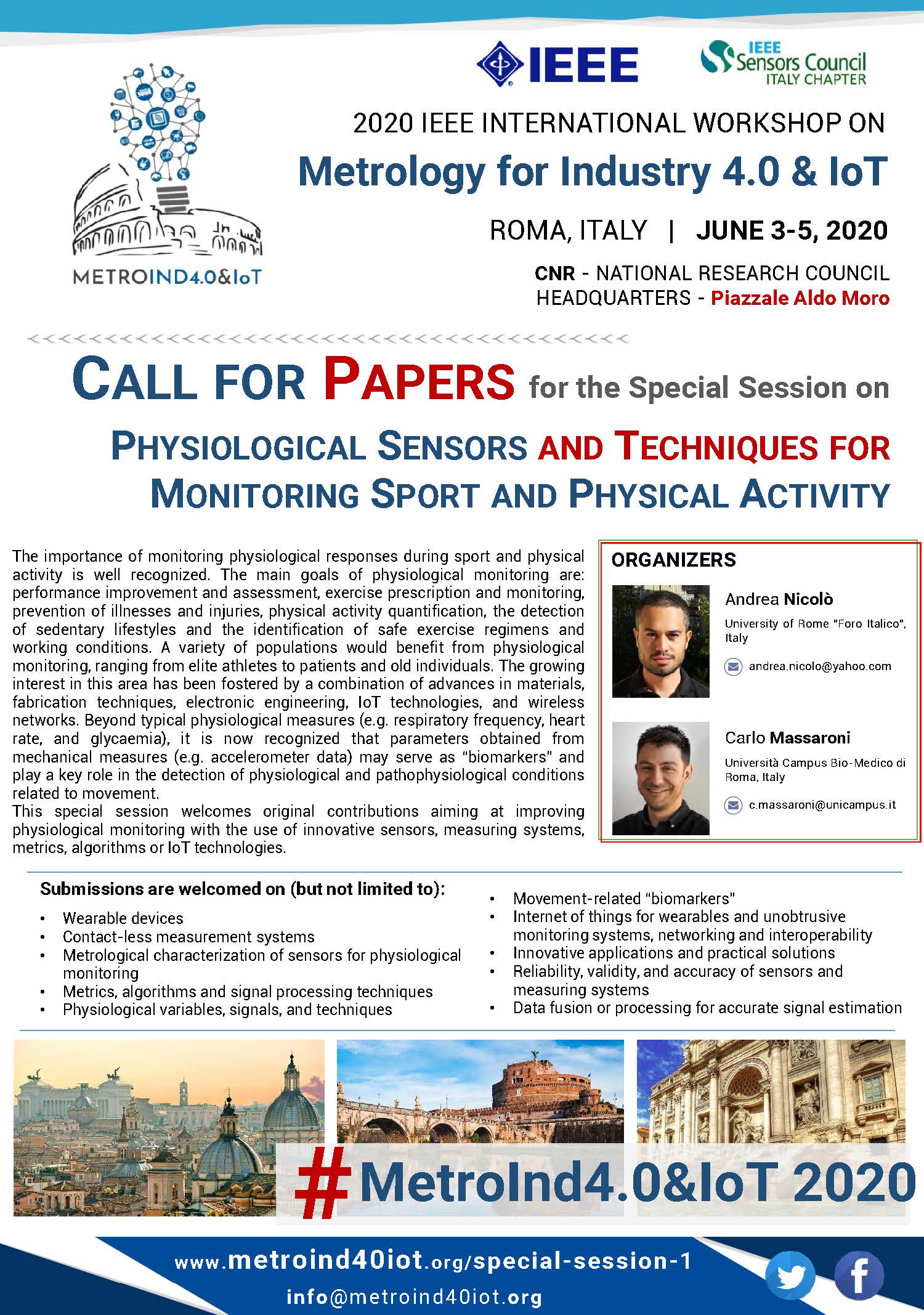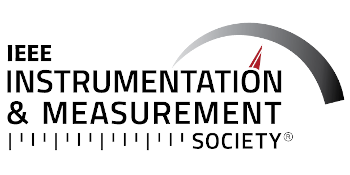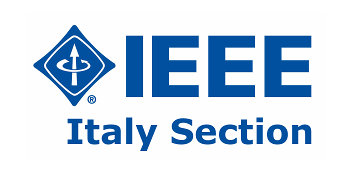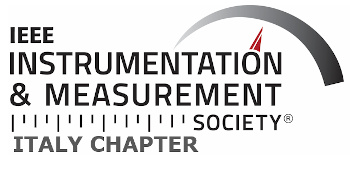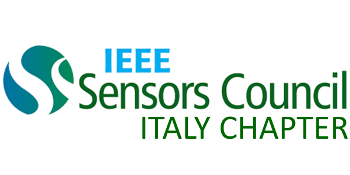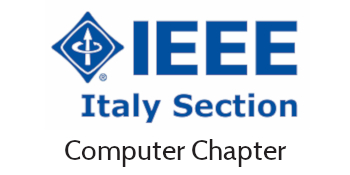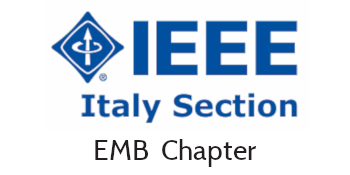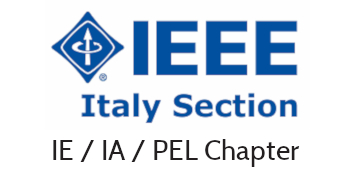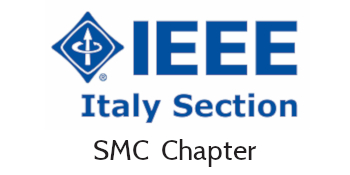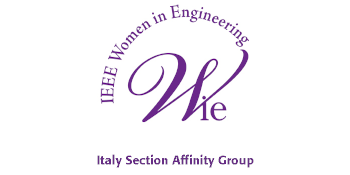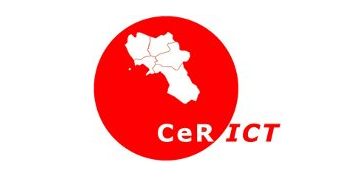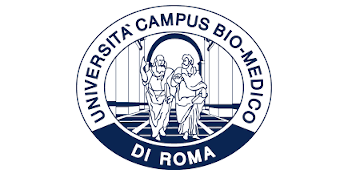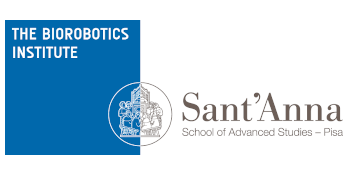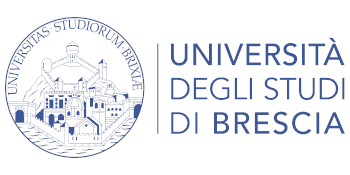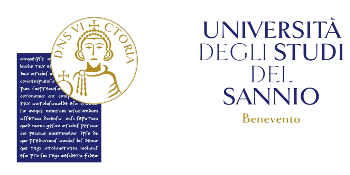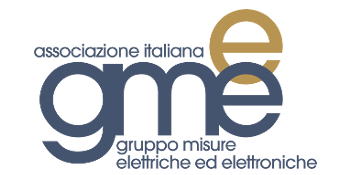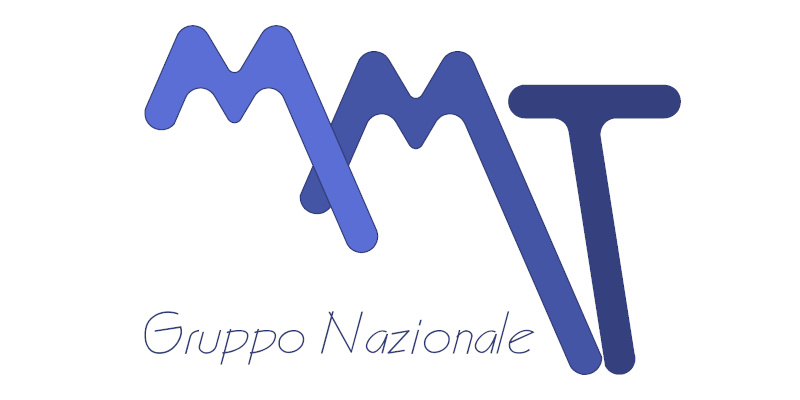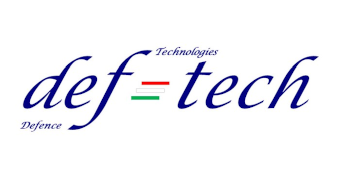Physiological Sensors and Techniques for Monitoring Sport and Physical Activity
ORGANIZED BY
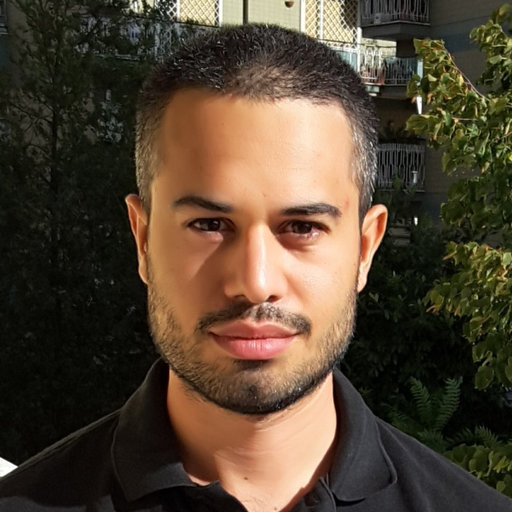
Andrea Nicolò
University of Rome "Foro Italico", Italy
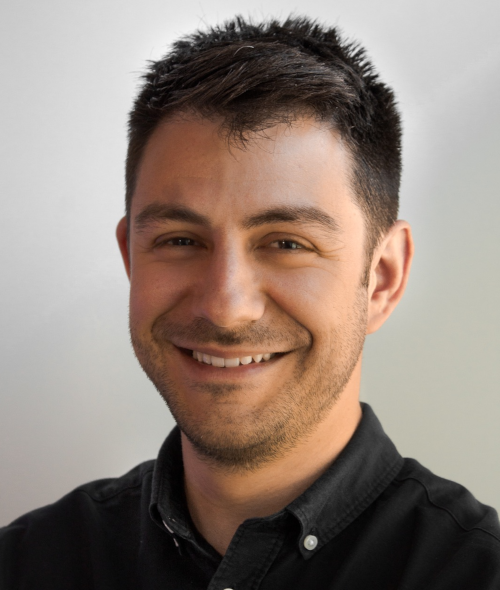
Carlo Massaroni
Università Campus Bio-Medico di Roma, Italy
ABSTRACT
The importance of monitoring physiological responses during sport and physical activity is well recognized. The main goals of physiological monitoring are: performance improvement and assessment, exercise prescription and monitoring, prevention of illnesses and injuries, physical activity quantification, the detection of sedentary lifestyles and the identification of safe exercise regimens and working conditions. A variety of populations would benefit from physiological monitoring, ranging from elite athletes to patients and old individuals. The growing interest in this area has been fostered by a combination of advances in materials, fabrication techniques, electronic engineering, IoT technologies, and wireless networks. Beyond typical physiological measures (e.g. respiratory frequency, heart rate, and glycaemia), it is now recognized that parameters obtained from mechanical measures (e.g. accelerometer data) may serve as “biomarkers” and play a key role in the detection of physiological and pathophysiological conditions related to movement.
This special session welcomes original contributions aiming at improving physiological monitoring with the use of innovative sensors, measuring systems, metrics, algorithms or IoT technologies.
TOPICS
Submissions are welcomed on (but not limited to):
- Wearable devices
- Contact-less measurement systems
- Metrological characterization of sensors for physiological monitoring
- Metrics, algorithms and signal processing techniques
- Physiological variables, signals, and techniques (e.g. respiratory frequency, glycaemia, blood lactate, electrocardiography, electromyography, photoplethysmography)
- Movement-related “biomarkers” (e.g. parameters obtained from wearable inertial sensors)
- Internet of things for wearables and unobtrusive monitoring systems, networking and interoperability
- Innovative applications and practical solutions
- Reliability, validity, and accuracy of sensors and measuring systems
- Data fusion or processing for accurate signal estimation
ABOUT THE ORGANIZERS
Dr. Andrea Nicolò received his BSc (2009), MSc (2011) and Ph.D. in Sports, Exercise and Ergonomics (2015) from the University of Rome “Foro Italico”. He is currently a post-doc researcher at the University of Rome “Foro Italico”. His research focuses on endurance physiology and performance, with special attention to the mechanisms and practical applications underlying the control of breathing during exercise. He has worked for different research projects funded by major national and international sports companies, with the aim of developing new exercise tests and training metrics, and of validating training devices and algorithms. He is currently the Chair of the “Sports Sensors” technical committee of the IEEE Sensors Italy Chapter.
Dr. Carlo Massaroni received his BSc (2010) and MSc (2012) in Biomedical Engineering and Ph.D. in Bioengineering (2017) from Università Campus Bio-Medico di Roma (UCBM). He is currently Assistant Professor at UCBM. His research interests are focused on the design, development and assessment of sensors, measuring systems and devices for physiological measurements, with particular emphasis on the design of wearable and unobtrusive systems for the measurement of respiratory and cardiac parameters, tests of available technologies for non-invasive measurement in the medical field, fiber optics for development of sensors and measuring chains for medical field. He is a member of the IEEE, IEEE Instrumentation and Measurement Society, IEEE Engineering in Medicine and Biology, ISB, ESB, and IET. He is currently the Chair of the “Sensors for Biomechanics” technical committee of the IEEE Sensors Italy Chapter.



